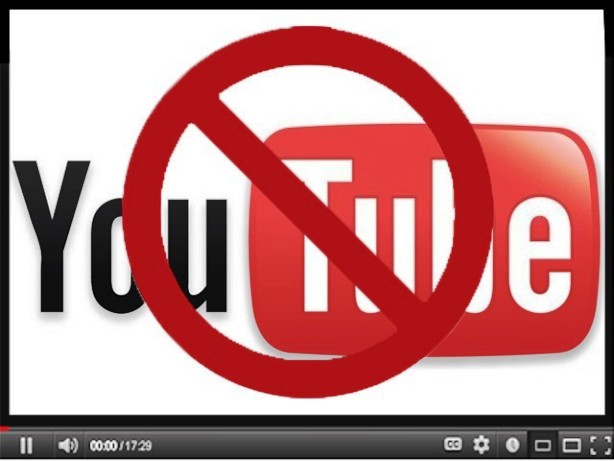
Who would’ve thought the news earlier this month of YouTube being finally made accessible in Pakistan, albeit as a local search engine, would open a floodgate of criticism?
Minster of State for Information Technology and Telecommunications, Anusha Rehman certainly did not. She probably thought she had done a good turn — wooed many young digital rights activists who had long been demanding unblocking of the website and calmed others who had demanded blocking of objectionable content from it.
“Instead of installing costly filtration mechanisms, Google will easily be able to block blasphemous content on the request of the Pakistan government,” Rehman told the Senate’s Standing Committee on Information and Technology. “Saudi Arabia and Malaysia have also reached a similar arrangement with Google,” she added.
But Farieha Aziz, director at Bolo Bhi, a not-for-profit geared towards advocacy, policy and research in the areas of gender rights, government transparency, internet access, digital security and privacy, dismissed the news out right saying: “There is no arrangement between the company and the government, unlike the perception the government is projecting.”
“I don’t want a localised version. Remember what became of Disney in India with everything getting dubbed in Hindi! I would definitely prefer the original version,” said a resolute 12-year old Khadeja Ebrahim, a YouTube buff. “I love YouTube, my entire school loves YouTube and we hate the people who have blocked it,” she added vehemently.
Yasser Latif Hamdani, who had filed a case for unblocking the website, on behalf of digital rights campaigners Bytes For All is not too happy with the news. His concern is mainly constitutional.
“It is a matter of principle. I do not think it is alright that the government can decide what I should be able to view,” he said. To him this was a clear violation of Article 19, 19-A and 17 of the Constitution of Pakistan. “Therefore, I do not consider it a great service,” he concluded.
The young lawyer uses the popular video-sharing website to listen to debates on law, politics, constitution, philosophy and history. He accesses YouTube through virtual private networks(VPNs), but complains “the experience is just not the same”.
Nighat Dad, of the Digital Rights Foundation doesn’t find the move “encouraging” either and given “how different vague provisions of different laws and constitution have been misused in blocking the content on internet” in the Pakistan” is, in fact, quite wary. She warns: “I see a huge wave of internet blocking and censorship coming our way.”
“If it happens, it will be bad news!” pointed out Shahzad Ahmad, country director of B4A.
Simply put, said Ahmad, it means legalising censorship of digital content on this platform. “YouTube may then become like Facebook. You will only be able to see that content which authorities will allow us to see,” he explained.
Presenting a doomsday-like scenario, he further said: “A new war will erupt among religious factions and the stronger ones may demand a ban on the others. Human rights movement will suffer hugely, political expression will become much more difficult and alternate discourse will die.”
Many say this will put a stop to hate speech, a major issue stoking religious sects and minorities, in Pakistan, especially on social media.
Ahmad disagreed. “Banning hate speech will not end till perpetrators and banned outfits are taken to task. If you expect that banning their Facebook/Youtube or Twitter will solve the problem, then the answer is a no, a big no!” he said emphatically.
The blocking of YouTube in Pakistan, began last year on 17 September after the website refused to remove the blasphemous 14-minute video clip “Innocence of Muslim”.
The video had led to violent protests and demonstrations across the Muslim world, killing over 50 people.
Ahmad said the decision to block YouTube had nothing to do with upholding religious values or blocking blasphemous content. He suspects it had “political” underpinnings to it.
“The authorities have used this incident to strengthen censorship and filtering in Pakistan, and spent millions of dollars, a useless wastage of the public’s hard earned tax money, as nothing can be blocked on the Internet. Citizens have already resorted to VPNs and circumvention tools.
That is true. Over the past one year, hundreds of die-hard users of this website have relied on proxy servers to work around the ban.
“I just came back from China- and while Facebook and YouTube were banned everywhere, you can access them in Shanghai Freezone especially the Pudong district of Shanghai,” said Hamdani. “So even authoritarian regimes understand the futility of such censorship,” he added.
These proxy servers are passed on word of mouth and go viral within moments, but expire every few weeks. Then the process of passing the information starts all over again. “You can imagine our desperation,” pointed out Ebrahim.
But while she and her school friends are mostly using the website for downloading songs or cheat videos for games, there are hundreds who depended on it for their bread and butter.
“I can give you scores of examples of small traders, who marketed and “networked” for expanding their businesses on this free platform because they could not afford to advertise through the mainstream media. The Virtual University, an online learning institute, had uploaded thousands of lectures for its students to access; all that came to a halt. These lectures benefitted not just Pakistani students but millions of those living abroad. Now they have set up their own servers, and which I suspect must have been a huge investment” said Dad.
Toffee TV.com produces songs, stories and activities for children in the Urdu language. They went live on July 2011 and banked on YouTube to take it further and the latter did. It met with enormous success at schools, in homes and even among speech therapists, but saw a huge slump in its business. Before the ban was imposed, TOFFEE was uploading two new video programmes per week with 100,000 new visitors a month and serving five times those many repeat visitors.
The minister for IT said that the Pakistan Telecommunication Authority has been tasked with drafting an ordinance that would provide intermediary liability protection to Google/YouTube, thereby not holding the company responsible for what users choose to upload to the platform.
Bolo Bhi is quite disturbed by this news. “Why is PTA, a regulatory authority that deals with enforcement and not policy making, being asked to draft the ordinance?” it asked in a press statement. It also asked what became of the expensive filtering equipment that the government had acquired for its telecommunication networks.
Originally published on Index on Censorship.
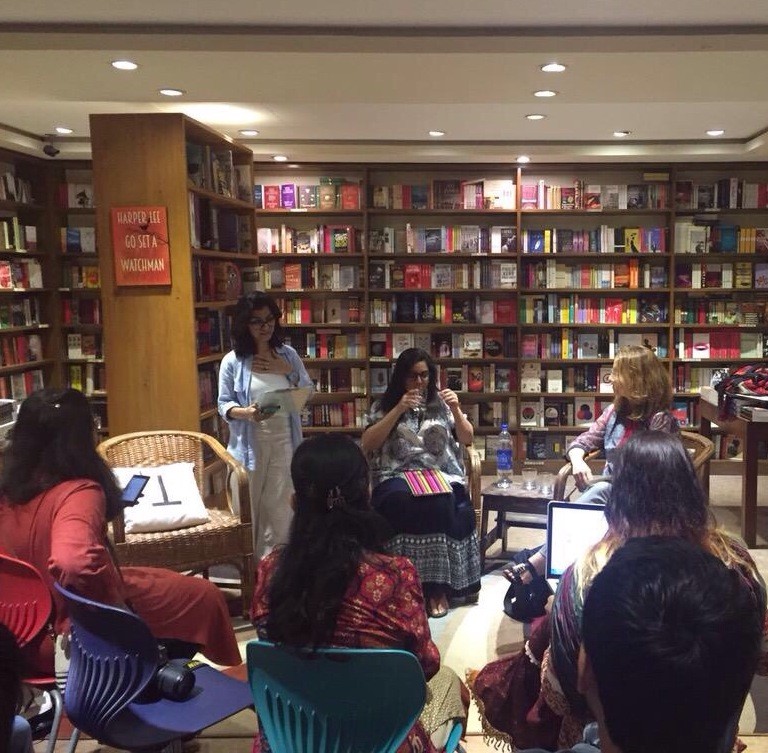

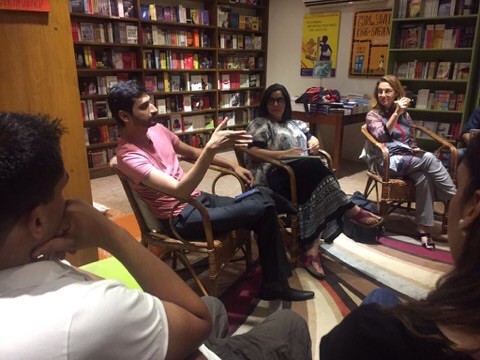
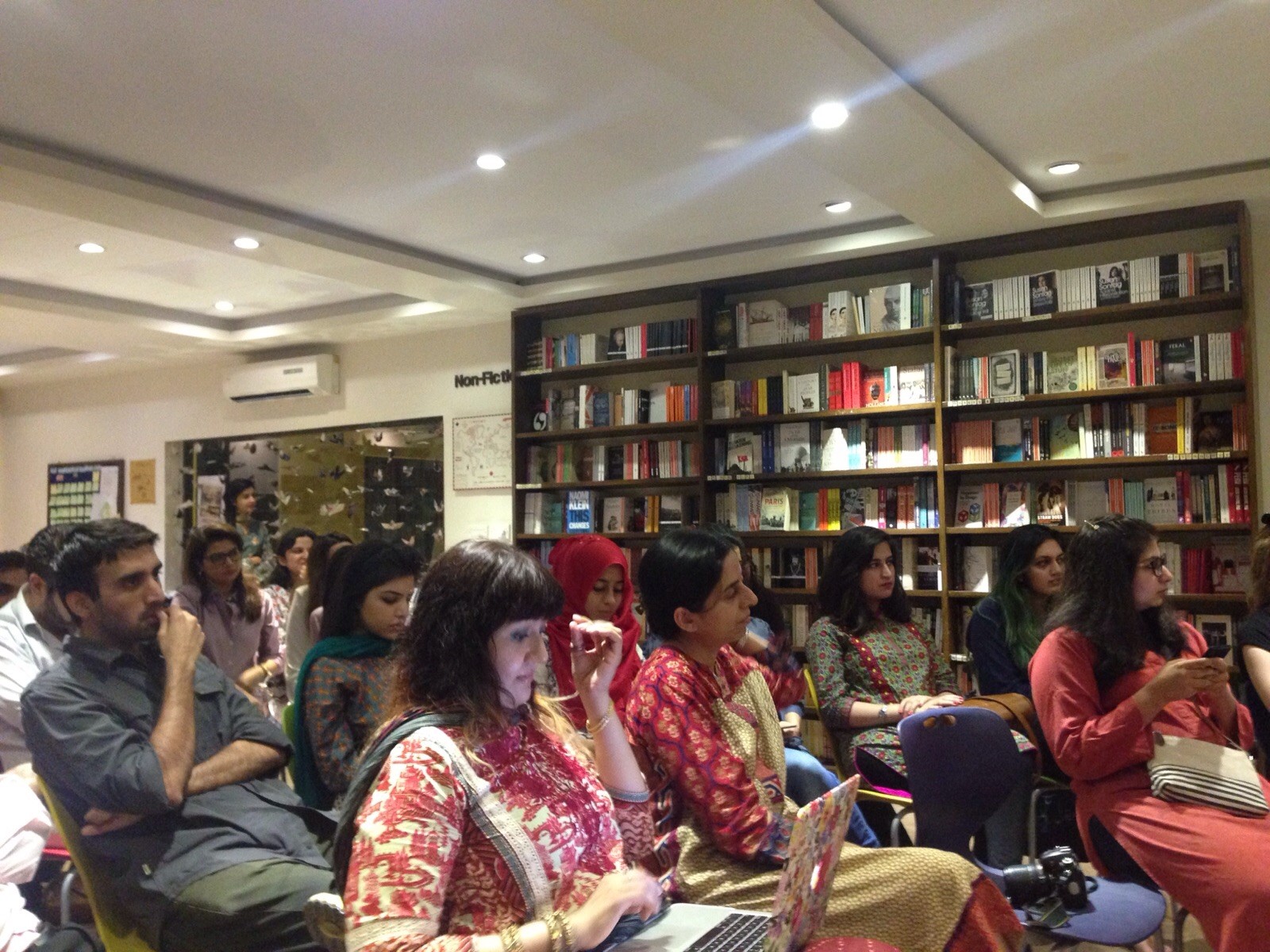
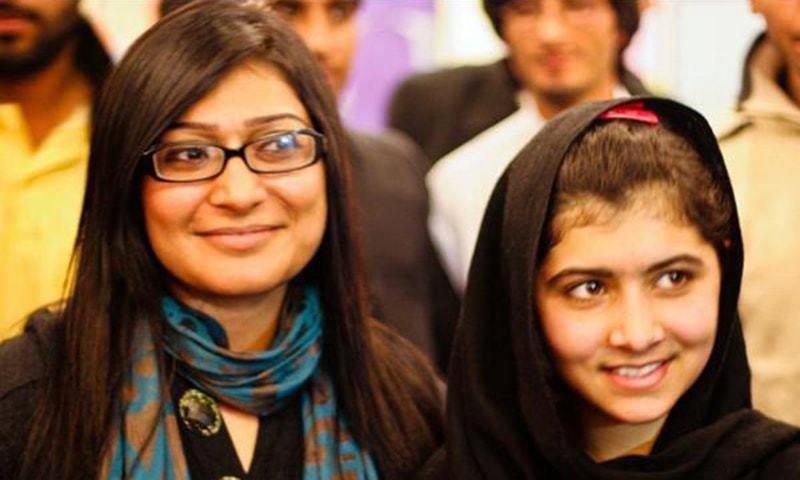



 "پاکستان ٹیلی کمیونیکیشن اتھارٹی کے پاس بلاک ہونے والی ویب سائٹس کی فہرست موجود ہے لیکن تفصیلات نامعلوم ہیں۔ نہ تو کوئی رہنما اصول عام ہیں جس سے بلاک کرنے کی وجہ پتہ چلے اور نہ ہی پابندی لگانے کا طریقۂ کار بتایا جاتا ہے"
"پاکستان ٹیلی کمیونیکیشن اتھارٹی کے پاس بلاک ہونے والی ویب سائٹس کی فہرست موجود ہے لیکن تفصیلات نامعلوم ہیں۔ نہ تو کوئی رہنما اصول عام ہیں جس سے بلاک کرنے کی وجہ پتہ چلے اور نہ ہی پابندی لگانے کا طریقۂ کار بتایا جاتا ہے"